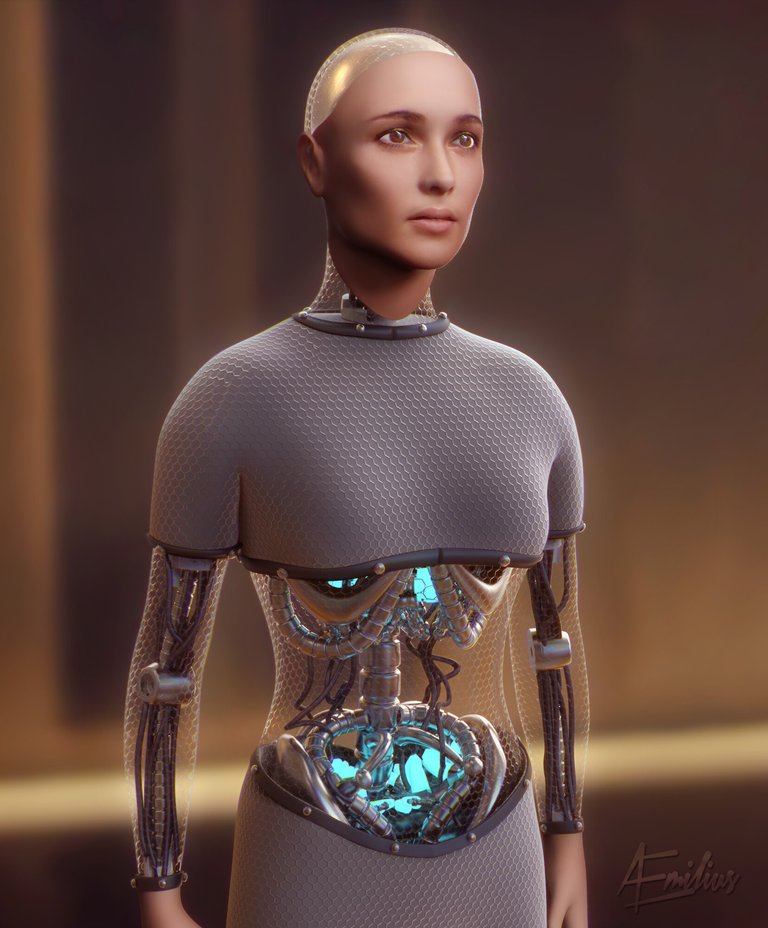The Quest for Sentient Machines: How Soon Will AI Reach the Level of Ava from *Ex Machina*?
Is Ava coming soon?
Artificial intelligence has advanced rapidly in recent years, achieving feats once thought to be the realm of science fiction. One of the most intriguing concepts in AI is the creation of sentient machines, like Ava from the film Ex Machina. Ava is a sophisticated AI with self-awareness, human-like intelligence, and emotional depth. This raises the question: how soon will we be able to create such sentient machines?
Current AI systems, such as large language models and sophisticated robotics, can perform specific tasks with remarkable proficiency. They excel in pattern recognition, data analysis, and even natural language processing. However, these systems lack true understanding, self-awareness, and consciousness—the hallmarks of sentience depicted in Ex Machina.

To understand the timeline for developing sentient machines, it's essential to differentiate between narrow AI and general AI. Narrow AI is designed for specific tasks, like facial recognition or language translation. General AI (AGI), on the other hand, would possess the ability to understand, learn, and apply knowledge across a wide range of tasks, much like a human being.
Achieving AGI is a monumental challenge that requires breakthroughs in several key areas:
Understanding Consciousness: We currently lack a comprehensive understanding of what consciousness is and how it arises. Philosophers and scientists debate whether it can be replicated in machines. Without a clear framework, it's difficult to engineer a truly sentient machine.
Neurological Insights: Human intelligence and consciousness are products of complex neurological processes. Mimicking these processes in machines requires advancements in neuroscience and the ability to simulate the brain's intricate workings.
Ethical and Safety Considerations: Creating a sentient machine brings ethical dilemmas and safety concerns. Ensuring that such machines adhere to human values and do not pose a threat to humanity is paramount.
Experts are divided on the timeline for achieving AGI and sentient machines. Optimists, like Ray Kurzweil, predict that we might reach AGI by the 2040s. Others, like AI researcher Ben Goertzel, suggest it could happen even sooner. However, many in the scientific community, including AI pioneers like Geoffrey Hinton, are more cautious, emphasizing the unpredictable nature of such advancements and the potential for significant delays.

Despite rapid progress in AI, creating a sentient machine like Ava remains a distant goal. The convergence of understanding consciousness, advancing AI algorithms, and addressing ethical concerns is a formidable task. While we may see increasingly sophisticated AI systems in the coming decades, the dream of sentient machines will likely remain within the realm of science fiction for the foreseeable future.
In conclusion, while the allure of creating sentient machines continues to captivate our imagination, the reality is that we are still far from realizing such a breakthrough. The journey towards achieving this milestone is filled with scientific, technical, and ethical challenges that will require years, if not decades, to overcome.
Sincerely,
Pele23
In the coming time, we will see this technology working instead of humans in many places.
i just want my echo dot in my kitchen to act as the speaker, when i'm IN the kitchen.. and for my bedroom speaker to shut up at that time.. is it too much to ask?? :P